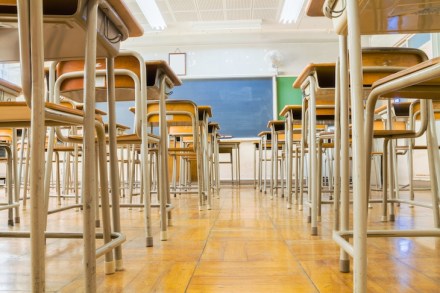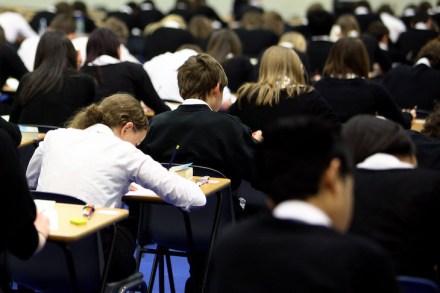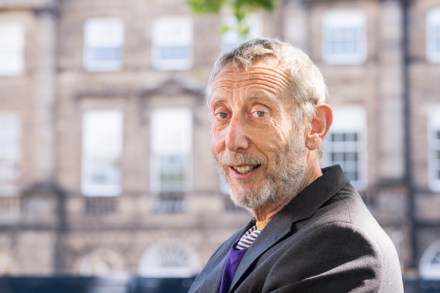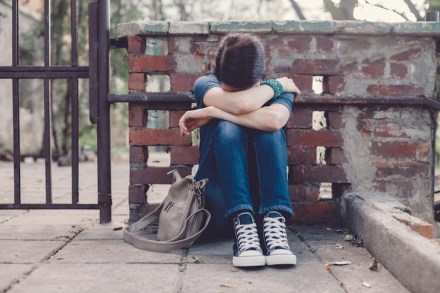How I was turned into a free speech martyr
I had the unusual experience last Sunday of appearing on a panel to defend free speech having been the victim of censorship 24 hours earlier. As Claire Fox, the chair of the event, said: ‘We are lucky enough to have our very own free speech martyr on the panel.’ Martyr is putting it a bit strongly, but I was ‘no platformed’ as a result of expressing a verboten point of view. What made it quite upsetting is that the organisation responsible was Teach First, an education charity that aims to recruit top university graduates into teaching and which I have always supported. Indeed, it is because I am sympathetic to





















